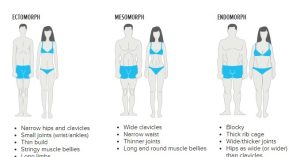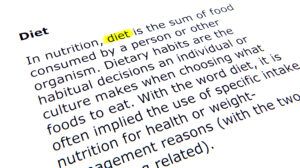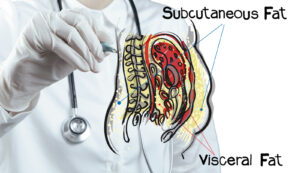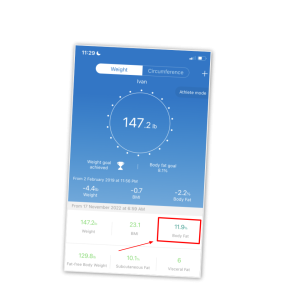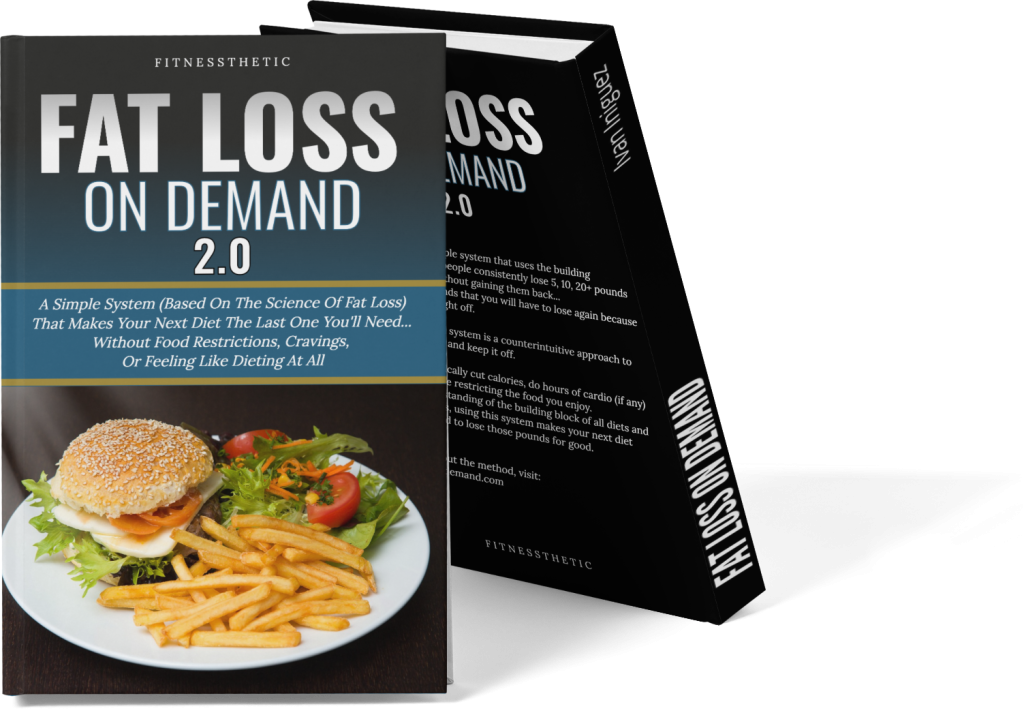If you’ve tried to lose weight before by counting calories and didn’t get the results, then here’s why.
Chances are there was a problem somewhere between the food you ate and what you thought you were eating.
Here’s what I mean by that.
Let’s say you were previously eating 2,500kcal and you started with a deficit of 500kcal.
So for you to start losing weight, you had to start eating 2,000kcal.
The issue is…
studies have shown that we tend to terribly estimate how much we eat.
This means that if you didn’t lose some weight when eating that 2,000kcal it was because you underestimated how much you were eating… even if you were counting calories.
You see, counting calories is a tool.
It’s not necessary, but it’s more than helpful to determine how much you’re eating.
Now, I get it.
Doing it at first it’s very complicated and might feel overwhelming.
The good news is…
if that’s your case, then here’s how to make tracking more accurate while knowing what to focus on the most.
The #1 thing you should focus on is your total calories.
So if you have to eat that 2,000kcal, your priority of staying accountable and actually start seeing results will be on eating those calories.
But that’s just the first part.
As soon as you got your calories checked, the next thing you should pay attention to is your total protein intake.
Why?
Because there are multiple studies that have found that when calories and protein are equated in people, the other 2 macronutrients (carbs and fats) seem to make no difference when losing weight.
Does that mean you should only track calories and protein and then eat whatever it’s left in your calories with carbs and fats as you please on a day?
Quite the opposite.
The fact they make no difference does not mean they are unnecessary or irrelevant.
In fact, you should still have a clear idea of how much carbs and fats eat per day, just like with protein.
But this is more to give you some peace of mind when tracking.
Focus on what matters first, and then make sure you have a similar range on how you distribute your carbs and fats.
You want to eventually hit your protein, carbs and fats… but that’s once you have a clear idea of how to track and not underestimate the amount of food you eat.
I know there isn’t anything magical about this…
but if there will be another way to lose weight that it’s not by creating a caloric deficit, I’d give it to you.
And to get there, having a tool that helps you get there isn’t going to hurt.
That’s why after spending 8 years doing this, I’ve now managed to track things somewhat accurately – I recently lost 27 lbs (10kg) by doing this.
If you’d like some help with this by receiving daily email tips + a guide that shows you 3-quick “tweaks” you can make in your diet to lose fat while still eating the food you enjoy (and making it easier to not exceed how much you eat), then sign up below:
You also get a special Bonus when you sign up… which will help you with the tracking side.
Ivan Iniguez
